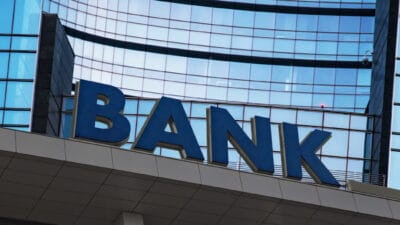The National Australia Bank Ltd (ASX: NAB) share price was amongst the worst performers on the S&P/ASX 200 index yesterday after the banking giant revealed new customer remediation charges.
The banking giant's shares finished the day down almost 2.5% to $29.02.
What were the charges?
On Wednesday the bank announced additional charges of $1,180 million after tax or $1,683 million before tax. These related to increased provisions for customer-related remediation and a change to the application of its software capitalisation policy.
The majority of these charges related to customer remediation. Charges of $832 million after tax or $1,189 million before tax were due largely to the inclusion of a provision for potential customer refunds of adviser service fees paid to self-employed advisers. This brought total provisions for customer-related remediation at September 30 to $2,092 million.
And while further customer remediation was expected, NAB's Chief Executive Officer, Philip Chronican, admitted that "the size of these provisions is significant" and that the bank understands that "shareholders will be rightly disappointed."
Should you invest?
Whilst this news was disappointing, I continue to rate its shares as a buy and believe it would be a good option for income investors with limited exposure to the banks.
I'm not the only one to feel this way.
According to a note out of Goldman Sachs, it has retained its (conviction) buy rating but trimmed its price target slightly to $30.40.
Goldman has downgraded its earnings estimates in response to this news, but continues to prefer NAB over the rest of the big four.
The broker said: "We believe NAB's revenue momentum will remain superior to peers, driven by its overweight exposure to SME lending, which will support both volume growth and NIMs. Coupled with it remaining on track to deliver flat expense growth in FY19 and FY20 (ex-large and notable items), we forecast NAB to deliver top of peer PPOP per share growth over the next three years, which we do not believe is reflected in its 8% PPOP multiple discount to peers."








